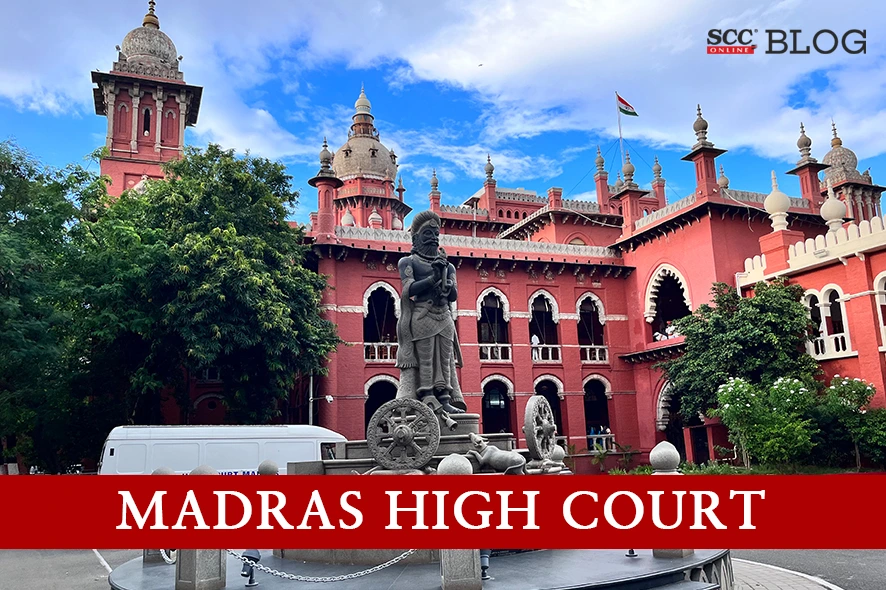Madras High Court: In a writ petition praying to direct the District Collector, Tahsildar, Principal Secretary of Revenue Department to issue ‘No Caste No Religion Certificate’ to the petitioner, S.M. Subramaniam, J. while dismissing the writ petition, held that the issuance of certificate is to be construed as a general declaration which cannot be issued by the Revenue Authorities in the absence of powers conferred by the Government, as it will open flood gate for other persons to seek such certificate and the authorities will be forced to issue such certificate, in the absence of any such powers conferred either under any statute or by the Government. It is suffice if a person has not stated his caste and religion in the School Certificates or Transfer certificate, but such persons cannot insist the Revenue Authority to issue ‘No Caste No Religion’ Certificate.
The Court remarked that being a good citizen is the greatest contribution for the development of our great nation. It is the duty contemplated under Article 51(A) of the Constitution of India. While appreciating Petitioner’s desire to secure ‘No Caste No Religion’ Certificate, the Court said that the question arises as to whether such certificate can be issued by the Tahsildar in the absence of any power conferred by the Government to issue such nature of Certificate.
The Court said that in the absence of any such power conferred on the Tahsildar, the High Court cannot issue directions to grant such certificates by exercising its powers on judicial review under Article 226 of the Constitution of India. For issuing such directions, it is necessary to ascertain the powers conferred on the Authorities under law or by the Government.
The Court said that the issuance of ‘No Caste No Religion’ Certificate would have certain implications. For inheritance/succession, personal laws are applied, and therefore a decision by a person and its repercussions are to be looked into. Rule of reservations are availed of by the citizen, therefore, certain decisions, if taken without understanding the repercussions and consequences, would affect the future generations.
After examining the Government orders, the Court noted that it is the discretion of any person to mention their caste or religion. They can leave the columns blank in the Transfer Certificate and School Certificates. Therefore, the right to leave the column blank in respect of caste and religion has been conferred on the individual person.
Further, it added that the said position was reiterated by the Government by issuing another order. Therefore, the persons at the time of admission to Schools or educational institutions are at liberty to mention their caste and religion or to leave the respective columns blank, which cannot be questioned by the authorities. The caste or religion columns in the forms are unnecessary if a decision is taken by the individuals.
The Court said that with reference to the above Government Orders, the petitioner is at liberty to fill in the application form in the School Certificates and Transfer Certificate, at the time of admission or otherwise as per his choice. The petitioner is at liberty to leave the column provided for caste and religion blank, which cannot be questioned by the Authorities.
Thus, while dismissing the writ petition, the Court said that a mere direction to consider the representation in such nature of relief would do no service to the cause of justice and will lead to multiplicity of proceedings. Thus, establishing a legal right becomes mandatory for entertaining a writ petition.
[H. Santhosh v District Collector, 2024 SCC OnLine Mad 157, Order dated 22-01-2024]
Advocates who appeared in this case :
For Petitioner: Advocate M Navin Kumar
For Respondents: Additional Government Pleader Vadivelu Deenadayalan








